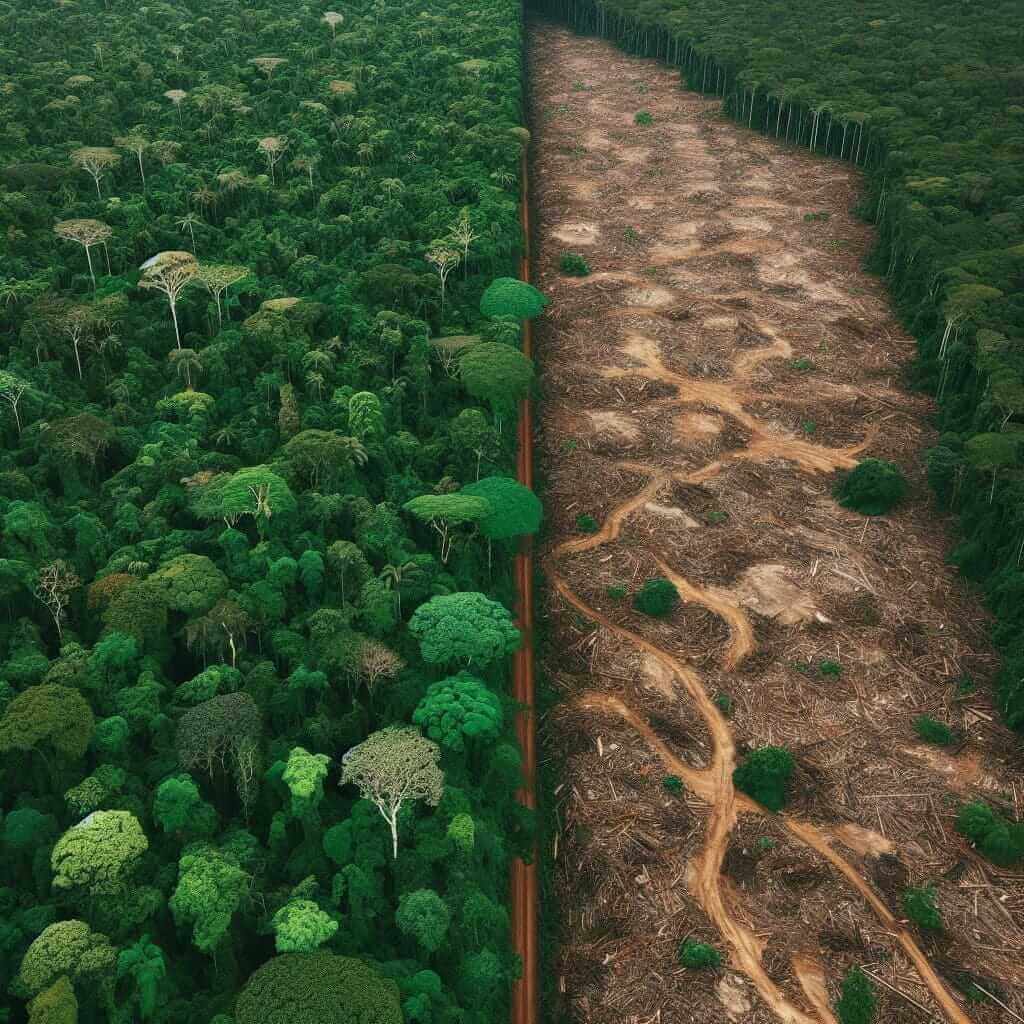As an IELTS instructor with over 20 years of experience, I often get asked by students about contemporary global challenges, particularly within the context of the IELTS exam. A frequent topic that emerges is environmental issues. Understanding these issues is not only crucial for the exam but also for becoming a responsible global citizen.
This article will delve into the most pressing environmental issues, equip you with the vocabulary and grammar to discuss them effectively, and guide you on how to apply this knowledge to achieve a high IELTS score.
Understanding the Keyword: “Most Pressing Environmental Issues”
Let’s break down the keyword:
- “Most pressing” signifies urgency and importance. It indicates that these environmental issues require immediate attention and action.
- “Environmental issues” refer to problems caused by human activities or natural processes that negatively impact the environment and its ecosystems.
Therefore, the keyword asks us to examine the most critical environmental problems affecting the world today.
Examples of Pressing Environmental Issues
Here are some of the most pressing environmental issues:
- Climate Change: Arguably the most significant challenge, climate change encompasses global warming, rising sea levels, and extreme weather events caused by greenhouse gas emissions.
- Example: “The devastating impact of climate change is undeniable, with rising sea levels threatening coastal communities worldwide.”
- Deforestation: The clearing of forests for agriculture, urbanization, and logging leads to habitat loss, biodiversity decline, and increased carbon emissions.
- Example: “The Amazon rainforest, often called the ‘lungs of the planet,’ is shrinking at an alarming rate due to deforestation.”
- Pollution: This encompasses air, water, and land pollution from industrial activities, transportation, and improper waste management, harming human health and ecosystems.
- Example: “Plastic pollution in our oceans is a severe threat to marine life, with devastating consequences for the entire food chain.”
- Loss of Biodiversity: The extinction of species at an unprecedented rate due to habitat destruction, climate change, and other factors disrupts ecological balance.
- Example: “The rapid decline in bee populations poses a severe threat to global food security, as they play a crucial role in pollination.”
- Overpopulation: The increasing human population puts a strain on natural resources, leading to resource depletion and environmental degradation.
- Example: “Overpopulation exacerbates existing environmental problems, as the demand for resources continues to grow.”

Applying the Knowledge to the IELTS Exam
Understanding these issues can be beneficial across various sections of the IELTS exam:
1. IELTS Speaking:
- Part 1: You may be asked about your local environment, recycling habits, or concerns about pollution.
- Example: “What are some of the environmental issues affecting your hometown?”
- Part 2: You could be asked to describe an environmental problem, its causes, and potential solutions.
- Example: “Describe an environmental problem that you are concerned about. You should say: What the problem is, what causes the problem, what solutions can be taken, and explain why you are concerned about this problem.”
- Part 3: Expect a more abstract discussion on global environmental issues and potential solutions.
- Example: “What are the most effective ways to combat climate change on a global scale?”
2. IELTS Writing:
- Task 2: You may encounter essays asking you to discuss the causes, effects, and solutions to environmental problems.
- Example: “The increasing demand for energy is putting a strain on the environment. Discuss the consequences of this problem and suggest some possible solutions.”
3. IELTS Listening and Reading:
- These sections may feature passages or dialogues related to environmental topics, requiring you to demonstrate your comprehension and vocabulary skills.
Common Mistakes and How to Avoid Them
- Lack of Specific Vocabulary: Using general terms like “pollution” without specifying the type (air, water, soil) can hinder your score.
- Solution: Expand your vocabulary by learning specific terms related to different environmental issues, like “deforestation,” “greenhouse gases,” and “biodiversity loss.”
- Ignoring Grammatical Range: Relying solely on simple sentences can affect your grammatical range score.
- Solution: Practice using complex structures like conditional sentences (“If we don’t address climate change, the consequences will be severe.”) or relative clauses (“Deforestation, which is a major contributor to climate change, needs to be tackled urgently.”).
- Lack of Real-World Examples: Simply stating the issues without providing relevant examples can make your answers less convincing.
- Solution: Support your arguments with real-world examples like the melting of polar ice caps or the increasing frequency of extreme weather events.
Tips for Effective Learning
- Stay Informed: Regularly read articles, watch documentaries, and listen to podcasts on current environmental issues.
- Use Authentic Materials: Incorporate materials from reputable sources like National Geographic, The Guardian (Environment section), or the World Wildlife Fund website into your learning.
- Practice Regularly: Regularly answer IELTS practice questions related to environmental issues to improve your vocabulary, grammar, and overall fluency.
By following these tips and staying informed about these pressing issues, you’ll be well-equipped to tackle any environmental topic that comes your way in the IELTS exam. Remember, a good IELTS score is not just about language proficiency but also about demonstrating your understanding of global concerns and your ability to articulate your thoughts effectively.
For more insights and resources on acing the IELTS exam, explore our website further. Consider checking out our article on How to answer ‘What are some of the challenges facing the world today’ questions? for further preparation.